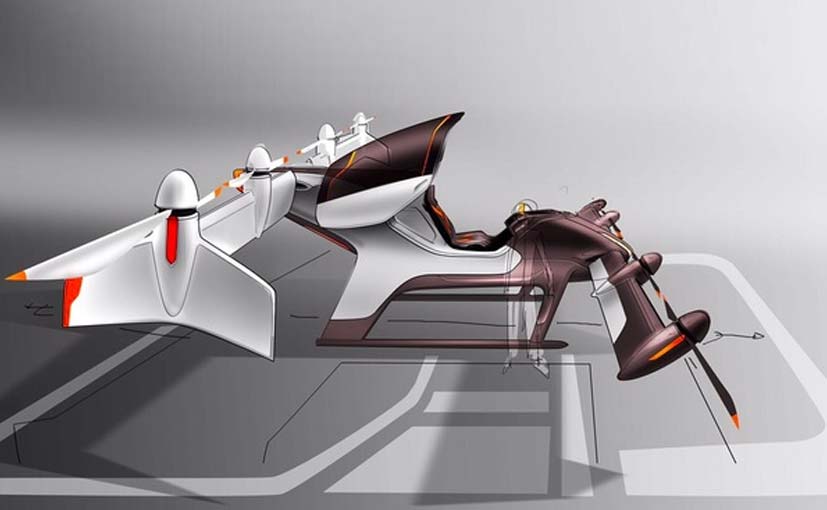Airbus Reveals Vahana - The Autonomous Flying Taxi Concept

Highlights
- The Vahana will follow predetermined flight paths
- The company has already completed vehicle design
- A full-size prototype is expected to take flight before the end of 2017
Rodin Lyasoff, CEO, A3 by Airbus Group, said in a blog post, "Our aircraft will follow predetermined flight paths, with only minor deviations if obstacle avoidance is needed. We believe this mode of operation will be compatible with future airspace management systems and will allow more aircraft to share the sky. Full automation also enables us to make our aircraft as small and light as possible, and will significantly reduce manufacturing costs."
The company, which intends to fly a full-size prototype before the end of 2017, has brought together experts in aircraft design and manufacturing, electric propulsion, vehicle autonomy, and aircraft certification and has made significant progress. A3 has completed vehicle design, developed/ procured several critical subsystems, and has also engaged with a number of external partners who will help build the first airframe.

Airbus Vahana Concept
The first production-ready demonstrator is expected to be ready by 2020.
In addition to the company's collaborations in fields such as aerospace, software, operations research, etc., the Vahana's development effort will be open - A3 will release many of its internal tools and flight code under an open source license.
Latest News
- Home
- News
- Technology
- Airbus Reveals Vahana - The Autonomous Flying Taxi Concept













